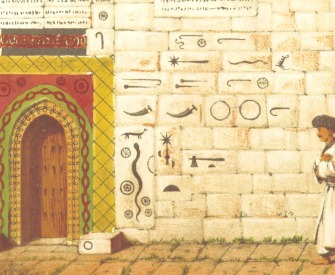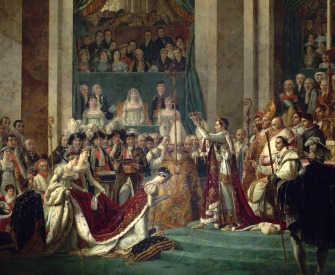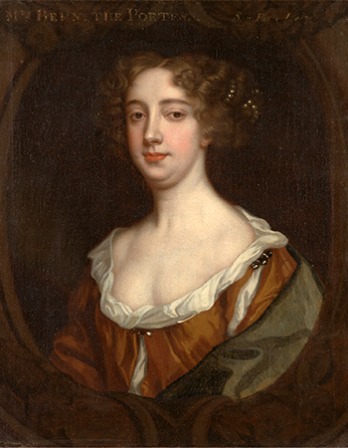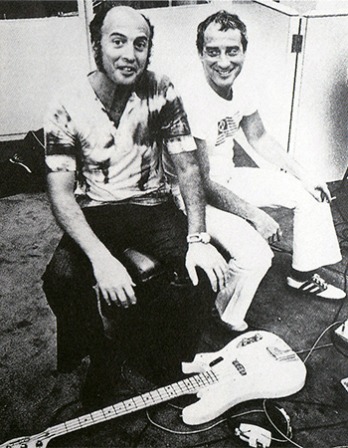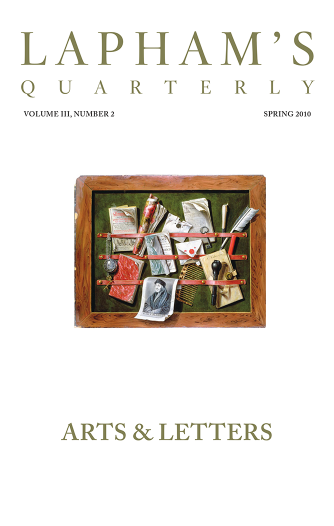During the last ten years, the amount of street music has so greatly increased that it has now become a positive nuisance to a very considerable portion of the inhabitants of London. It robs the industrious man of his time; it annoys the musical man by its intolerable badness; it irritates the invalid; it deprives the patient, who at great inconvenience has visited London for the best medical advice, of that repose which, under such circumstances, is essential for his recovery—and it destroys the time and the energies of all the intellectual classes of society by its continual interruptions of their pursuits.
Instruments of torture permitted by the government to be in daily and nightly use in the streets of London: organs, brass bands, fiddles, harps, harpsichords, hurdy-gurdies, flageolets, drums, bagpipes, accordions, halfpenny whistles, tom-toms, trumpets, the human voice in various forms—shouting out objects for sale, religious canting, psalm singing.
I have very frequently been disturbed by such music after eleven and even after twelve o’clock at night. Upon one occasion a brass band played, with but few and short intermissions, for five hours.
Encouragers of street music: tavern keepers, public houses, gin shops, beer houses, coffee shops, servants, children, visitors from the country, ladies of doubtful virtue, occasionally titled ladies—but these are almost invariably of recent elevation, and deficient in that taste which their sex usually possesses.
The great encouragers of street music belong chiefly to the lower classes of society. Of these, the frequenters of public houses and beer shops patronize the worst and the most noisy kinds of music. Music is kept up for a longer time—and at later hours—before the public house, than under any other circumstances. It not infrequently gives rise to a dance by little ragged urchins, and sometimes by intoxicated men, who occasionally accompany the noise with their own discordant voices.
From Passages from the Life of a Philosopher. Babbage was elected to the Royal Society at the age of twenty-four; he also devised the first accurate actuarial tables, invented a kind of speedometer, and helped create England’s first modern postal system. He is credited with conceiving of the first digital computer, although the 25,000-part Analytical Engine was not completed in his lifetime.
Back to Issue

